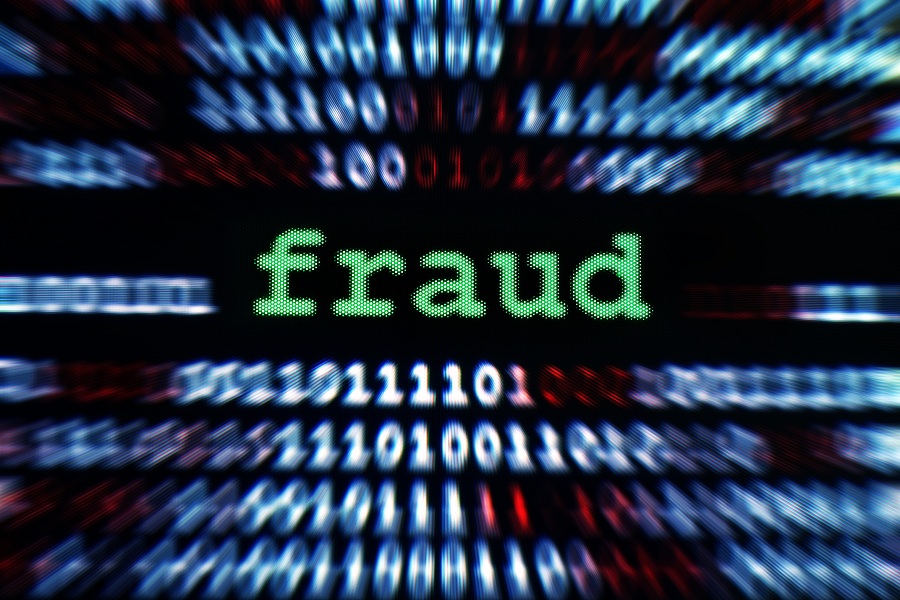Microsoft shuts down a $2.7m a month click fraud botnet
Botnet suspected to originate in Russia was using 2 million machines.

Microsoft continues to fight against botnets by smashing a network which was using 2 million machines around the world.
The software giant filed a lawsuit in Texas and won a judge's order directing internet service providers to block all traffic to 18 internet addresses that were used to direct fraudulent activity to the infected machines.
Law enforcement in many European countries served warrants at the same time, seizing servers expected to contain more evidence about the leaders of the ZeroAccess crime ring, which was devoted to "click fraud."
Microsoft said the botnet had been costing advertisers on Bing, Google and Yahoo an estimated $2.7 million monthly.
Such rings use networks of captive machines, known as botnets, in complicated schemes that force them to click on ads without the computer owners' knowledge. The schemes cheat advertisers on search engines including Microsoft's Bing by making them pay for interactions that have no chance of leading to a sale. Microsoft said the botnet had been costing advertisers on Bing, Google and Yahoo an estimated $2.7 million monthly.
The coordinated effort marks the eighth time Microsoft has moved against a botnet and a rare instance of it doing serious damage to one that is controlled with a peer-to-peer mechanism, where infected machines give each other instructions instead of relying on a central server that defenders can hunt down and disable.
But the ZeroAccess botnet still had a weakness. The code in the infected machines told them to reach out to one of the 18 numeric Internet addresses for details on which ads to click.
Microsoft recently opened a new Cybercrime Center in Redmond and is using new tools in its efforts. They are helped by a provision in trademark that allows pretrial seizure of suspected counterfeit goods, including websites that, as in the present case, are spreading tainted versions of the Internet Explorer browser.
Get the ITPro daily newsletter
Sign up today and you will receive a free copy of our Future Focus 2025 report - the leading guidance on AI, cybersecurity and other IT challenges as per 700+ senior executives
The company is working with national computer security authorities in various countries and with Internet service providers to notify individual computer owners with infected machines, hoping to reach most of them before the fraudsters can spread new instructions.
Microsoft has been sharing evidence with the FBI and Europol, the continent's law enforcement coordinating service. National agencies took part in seizure actions in Germany, Switzerland, Latvia, Luxembourg, and the Netherlands.
For now, at least, the fraud by this network has stopped, said Microsoft Assistant General Counsel Richard Boscovich.
The operators of the botnet are believed to be in Russia, while the author of the malicious software distributed on it could be based elsewhere, Boscovich said.
ITPro is a global business technology website providing the latest news, analysis, and business insight for IT decision-makers. Whether it's cyber security, cloud computing, IT infrastructure, or business strategy, we aim to equip leaders with the data they need to make informed IT investments.
For regular updates delivered to your inbox and social feeds, be sure to sign up to our daily newsletter and follow on us LinkedIn and Twitter.
-
 Should AI PCs be part of your next hardware refresh?
Should AI PCs be part of your next hardware refresh?AI PCs are fast becoming a business staple and a surefire way to future-proof your business
By Bobby Hellard
-
 Westcon-Comstor and Vectra AI launch brace of new channel initiatives
Westcon-Comstor and Vectra AI launch brace of new channel initiativesNews Westcon-Comstor and Vectra AI have announced the launch of two new channel growth initiatives focused on the managed security service provider (MSSP) space and AWS Marketplace.
By Daniel Todd
-
 Linux botnet spreads using Log4Shell flaw
Linux botnet spreads using Log4Shell flawNews The malware uses DNS tunnelling to communicate with its C2 control server
By Danny Bradbury
-
 Google to pay back $19m of in-app purchases made by kids
Google to pay back $19m of in-app purchases made by kidsNews Search giant settles with FTC over unfair bills to parents
By Rene Millman
-
 UK spam doubles despite global decline
UK spam doubles despite global declineNews Spam may have dropped globally in 2010, but in the UK the situation got significantly worse.
By Tom Brewster
-
 Fraud cases hit record levels in 2010
Fraud cases hit record levels in 2010News There were 314 reported incidents of fraud in the UK in 2010, a KPMG study shows.
By Tom Brewster
-
 Sun wins trademark case in UK
Sun wins trademark case in UKNews Sun Microsystems has won a trademark case against M-Tech Data in the UK as well as a counterfeiting suit against Sun Valley Technical Repair in the US.
By Nicole Kobie
